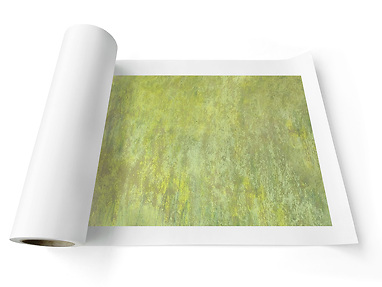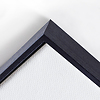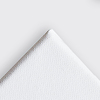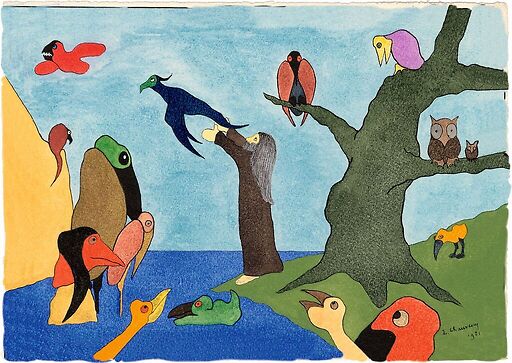Ancien Testament « Dieu crée les oiseaux », N°9, 1921 (canvas without frame)
Choose color
Choose an atmosphere
{{ new Intl.NumberFormat('en').format(dimensions.legend.w) }} {{ dimensions.legend.unit }}
{{ new Intl.NumberFormat('en').format(dimensions.legend.h) }} {{ dimensions.legend.unit }}
Print type
Canvas without frameCanvas without frame
These canvas prints are provided without a frame. They are shipped in a rigid tube after being rolled on themselves. Fine Art Giclée Print is commonly used for the professional reproduction of works of art. This inkjet printing technique uses natural pigments that are highly resistant to light. We have selected a 350 g / m2 specialty fine art canvas of exceptional quality. The artwork will be printed in the dimensions you have selected and will take into account the white margin. The final dimension includes the white margin.








